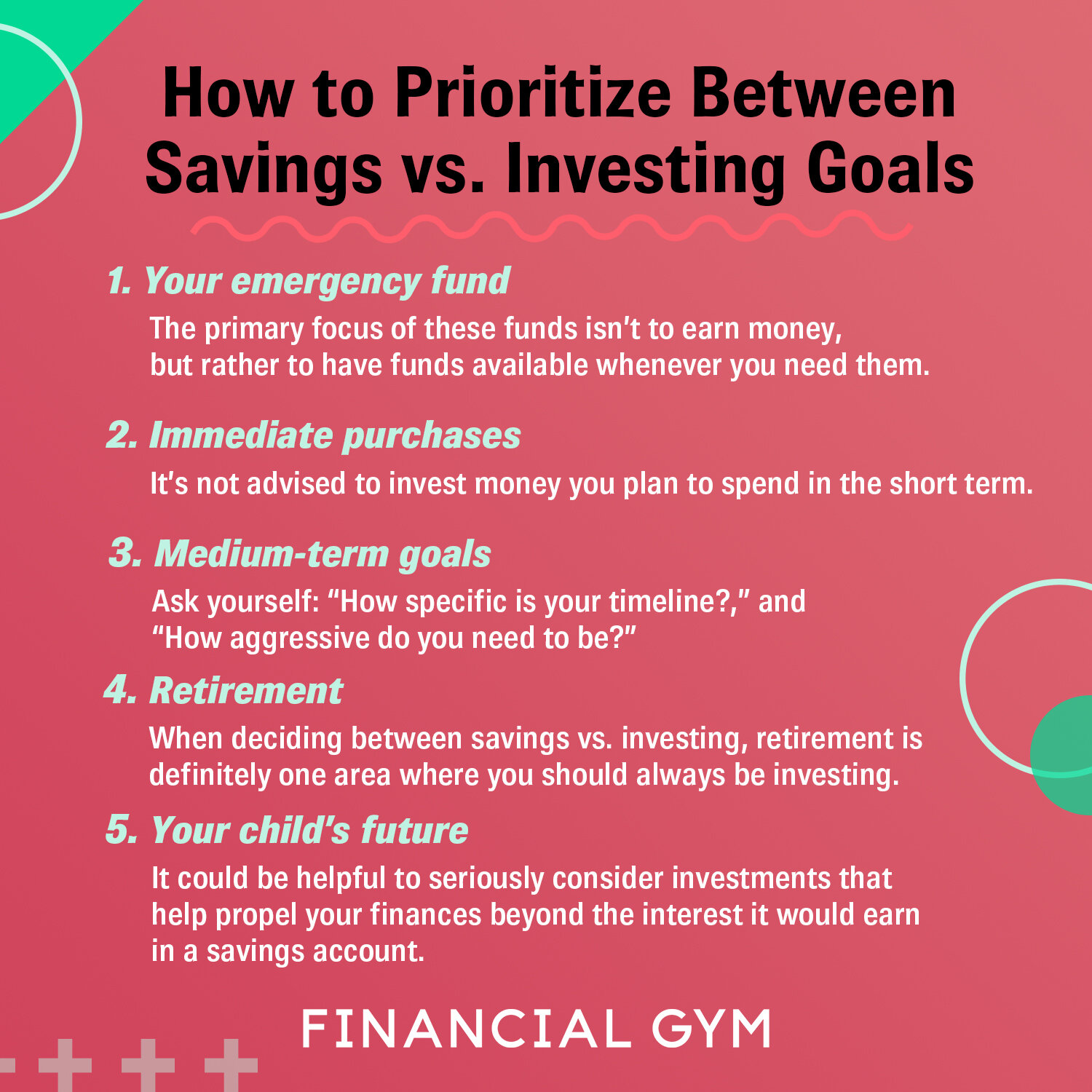
Dividend stocks are one of the most sought-after investment options. These stocks are a reliable source of income, but they can also be risky. The biggest advantage to dividend stocks investing is their higher initial yields than fixed rate accounts. In the short term, they can provide steady dividend income. Dividend yields will vary depending on company policy and market conditions. It is important that you consider all factors before making a final decision.
Divide the annual dividend by current share price to calculate the dividend yield. If you have a stock that has a 50-cent share price and a $1.00 annual dividend, your dividend yield is 2%. If the share price increases to $60, your dividend yield would increase to 1.66%. Additionally, the stock's price fluctuations will affect your dividend yield. If you think the stock will increase in value, you might consider investing your dividends.
Dividend yields can be important as they indicate how much you can expect to earn from an investment in stock. The company's financial performance determines how dividends are paid. In the event of a company experiencing financial difficulties, they may cut their dividends. However, some companies pay dividends because they are trying to increase their capital. If the company is able to demonstrate stability in its financial performance, it might choose to pay higher dividends.

Dividend yields vary from country to country. Higher dividend yields can be offered by countries with early-stage economies. If you are looking for dividend stocks that offer higher yields, you can search for companies that are located in these countries online. Investing in a country that has an early-stage economy can be risky, so you should consider your investment carefully before making a purchase.
Dividend yield is not a guarantee of a good stock. High dividend yields can be paid by companies that are undervalued. Similarly, companies can pay low dividends and still be attractive. Companies that are struggling with market conditions may choose to pay low dividends to boost their capital. A drop in stock price can indicate trouble.
When comparing dividend returns, it is important to look at how long the company's been paying dividends. Solid companies tend to pay quarterly dividends around that time each year. Also, mature companies pay higher dividends. Many solid companies increase their dividends once a year, although not all do.
It is possible to also evaluate a company’s yield by comparing it with other companies within its industry. For example: Companies that sell consumer products or services often have higher dividend yields. This is also true for staple products. These companies may be able to sell more of their products during a weak economic environment.

Dividend yields also depend on the size of dividends. During a financial crisis, home builder stocks like Lennar (LEN) tend to have higher dividend yields than their peers. However, these stocks may not appeal to all investors.
FAQ
Who can trade on the stock market?
Everyone. There are many differences in the world. Some people have better skills or knowledge than others. They should be rewarded.
Other factors also play a role in whether or not someone is successful at trading stocks. If you don’t know the basics of financial reporting, you will not be able to make decisions based on them.
This is why you should learn how to read reports. Understanding the significance of each number is essential. Also, you need to understand the meaning of each number.
You'll see patterns and trends in your data if you do this. This will help you decide when to buy and sell shares.
If you're lucky enough you might be able make a living doing this.
How does the stock markets work?
By buying shares of stock, you're purchasing ownership rights in a part of the company. A shareholder has certain rights over the company. A shareholder can vote on major decisions and policies. The company can be sued for damages. He/she can also sue the firm for breach of contract.
A company cannot issue any more shares than its total assets, minus liabilities. It's called 'capital adequacy.'
A company with a high ratio of capital adequacy is considered safe. Companies with low capital adequacy ratios are considered risky investments.
How do people lose money on the stock market?
The stock market does not allow you to make money by selling high or buying low. It is a place where you can make money by selling high and buying low.
The stock market is an arena for people who are willing to take on risks. They may buy stocks at lower prices than they actually are and sell them at higher levels.
They expect to make money from the market's fluctuations. But if they don't watch out, they could lose all their money.
How do I invest on the stock market
Brokers can help you sell or buy securities. A broker buys or sells securities for you. You pay brokerage commissions when you trade securities.
Banks charge lower fees for brokers than they do for banks. Because they don't make money selling securities, banks often offer higher rates.
An account must be opened with a broker or bank if you plan to invest in stock.
If you use a broker, he will tell you how much it costs to buy or sell securities. He will calculate this fee based on the size of each transaction.
Ask your broker about:
-
the minimum amount that you must deposit to start trading
-
Are there any additional charges for closing your position before expiration?
-
What happens if your loss exceeds $5,000 in one day?
-
How long can positions be held without tax?
-
How you can borrow against a portfolio
-
Transfer funds between accounts
-
How long it takes transactions to settle
-
The best way for you to buy or trade securities
-
How to Avoid Fraud
-
How to get help when you need it
-
whether you can stop trading at any time
-
How to report trades to government
-
How often you will need to file reports at the SEC
-
whether you must keep records of your transactions
-
If you need to register with SEC
-
What is registration?
-
How does this affect me?
-
Who should be registered?
-
When do I need to register?
How can I find a great investment company?
You should look for one that offers competitive fees, high-quality management, and a diversified portfolio. The type of security that is held in your account usually determines the fee. Some companies have no charges for holding cash. Others charge a flat fee each year, regardless how much you deposit. Others charge a percentage based on your total assets.
It is also important to find out their performance history. Companies with poor performance records might not be right for you. Avoid companies that have low net asset valuation (NAV) or high volatility NAVs.
It is also important to examine their investment philosophy. In order to get higher returns, an investment company must be willing to take more risks. They may not be able meet your expectations if they refuse to take risks.
Statistics
- Our focus on Main Street investors reflects the fact that American households own $38 trillion worth of equities, more than 59 percent of the U.S. equity market either directly or indirectly through mutual funds, retirement accounts, and other investments. (sec.gov)
- The S&P 500 has grown about 10.5% per year since its establishment in the 1920s. (investopedia.com)
- Even if you find talent for trading stocks, allocating more than 10% of your portfolio to an individual stock can expose your savings to too much volatility. (nerdwallet.com)
- For instance, an individual or entity that owns 100,000 shares of a company with one million outstanding shares would have a 10% ownership stake. (investopedia.com)
External Links
How To
How to trade in the Stock Market
Stock trading is a process of buying and selling stocks, bonds, commodities, currencies, derivatives, etc. Trading is French for traiteur, which means that someone buys and then sells. Traders are people who buy and sell securities to make money. It is one of the oldest forms of financial investment.
There are many different ways to invest on the stock market. There are three basic types of investing: passive, active, and hybrid. Passive investors watch their investments grow, while actively traded investors look for winning companies to make a profit. Hybrids combine the best of both approaches.
Passive investing is done through index funds that track broad indices like the S&P 500 or Dow Jones Industrial Average, etc. This approach is very popular because it allows you to reap the benefits of diversification without having to deal directly with the risk involved. You can simply relax and let the investments work for yourself.
Active investing involves selecting companies and studying their performance. Active investors look at earnings growth, return-on-equity, debt ratios P/E ratios cash flow, book price, dividend payout, management team, history of share prices, etc. Then they decide whether to purchase shares in the company or not. They will purchase shares if they believe the company is undervalued and wait for the price to rise. On the other hand, if they think the company is overvalued, they will wait until the price drops before purchasing the stock.
Hybrid investments combine elements of both passive as active investing. Hybrid investing is a combination of active and passive investing. You may choose to track multiple stocks in a fund, but you want to also select several companies. In this scenario, part of your portfolio would be put into a passively-managed fund, while the other part would go into a collection actively managed funds.